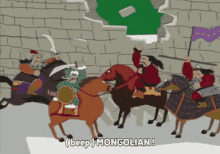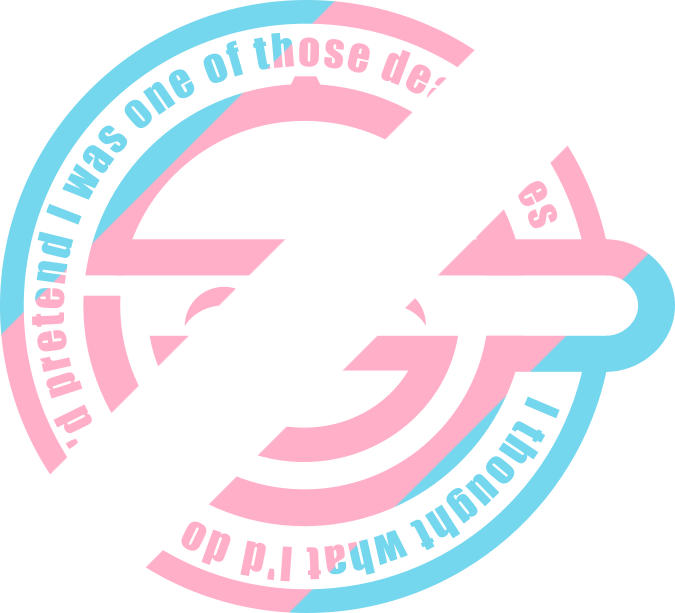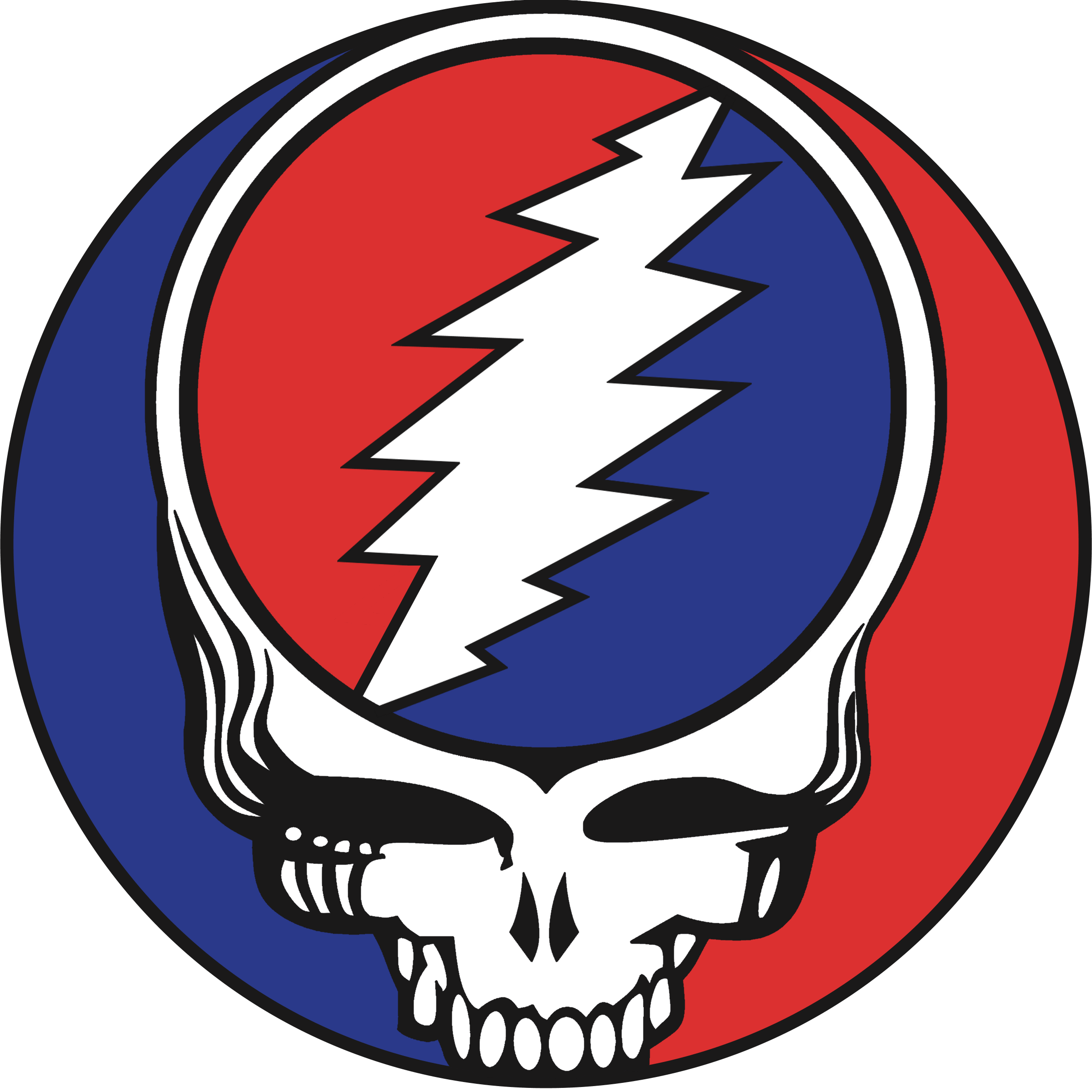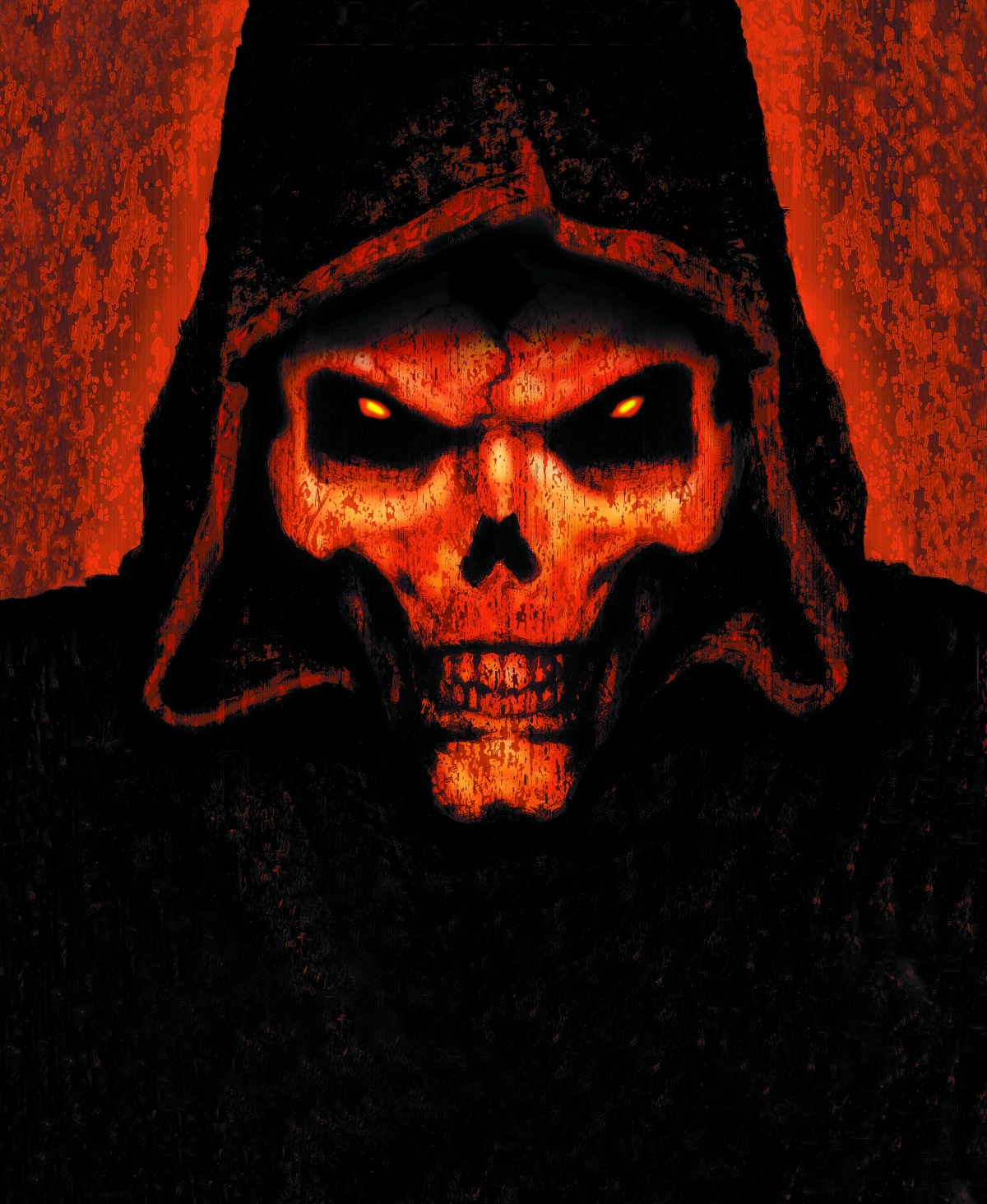The French, whenever you see an English word and none of the letters make sense, we stole it from the French.
yet another reason to hate the fr*nch 🤢
What? I thought it was the main one.
French bashing is overdone and unfunny
39 people disagree apparently, not counting me. Humour is subjective after all. If anything, forcing your humour to others is even more overdone imo.
i dont rly care, just saying that its rly annoying and fucking dumb
Well I don’t care about your opinion either. We have so much in common 🥴
Why do you keep answering then
I may not care about your opinions, but I do care about getting that message to you. It’s called communication btw
whenever you see an English word and none of the letters make sense
that just about describes half the English vocabulary
I recently learned the correct spelling of the word prerogative and I still haven’t recovered.
at least it doesn’t have random h’s like thorough etc.
Burrough turned into burrow and borough, both pronounced differently to brow, rough, trough, thought and through.
I hate English.
The funniest about this is that I once watched a video on interesting languages to learn and they were like “this language is super interesting because you spell everything the same as you pronounce it”… yeah like any normal language?
I understand languages get to change over time and once upon a time edinborough was actually pronounced close to it’s spelling, not the butchered edinbra of today. But why the fuck hasn’t the spelling catch up completely puzzles me, since no other language I’ve heard of has issues to the same degree.
Right? If the pronunciation changes, change the spelling too.
Literally said how its spelt though? Am I missing something?
I’ve always heard it pronounced per-ogative, not prr-ogative
Прерогатива. More spelling for you.
C’est la vie
C’est la vie
C’est la guerre
C’est la pomme de terre
Guerre and pomme de terre are both feminine too, so you’d use la
ah ok i will go fix it
Don’t tell me what to use.
I love that ABBA song!
Ceci n’est pas une pipe
Avec la pomme de terre on fait les frites 🍟
This is why they’re called FRENCH fries. Because we’re speaking French.
They’re made in Belgium, and half of Belgium speaks French.
You leave potatoes out of this. They are literally the food of gods and glorious when fried!
Edit: I grew up on a farm next to a small river in Minnesota called Pomme de Terre. And due the light sandy soil, it was excellent for growing pomme de terres and sugar beets.
Déjà vu
Honestly, the original question was a good one. That snarky reply in the original picture was pretty douchey. There’s a lot of interesting history behind linguistics.
La Marseillaise intensifies
we stole it from the French
The French invaded England and forced them to adopt their horrific clown language. FTFY.
Actually the Normans, who were Vikings who rocked up in France and caused such a stink that the crown granted them lands in the north to shut them up. 1066 was basically a succession crisis between three cousins vying for the English crown.
Those damn mongorians!

That’s one of my all time favourite South park episodes.
Getting the local Chinese restauranteur to build the city wall… because the Chinese are good at building walls.
Shitty walls
“Goddamn Mongorians! Knock down my shitty wall!”

In Viking’s defense: of all the Romance languages French is the most like Latin being spoken and written by a drunk hick with no formal education.
Being racist to the Gauls I see
Actually, I blame the Franks.
I recently saw a tiktok (therefore I’m an expert) that showed that Old French was pronounced pretty much exactly how it was spelled.
Every language simplifies it’s pronunciation over time, but usually they alter the spelling when they do, but French just said “miss me with that shit, dog” and decided just to change the rules about pronunciation instead
I mean, I Heard that French monks were paid by the letter scribed, rather than the word, so they just put extra letters into everything using made up rules about spelling.
Except all those apostrophes are like whole Latin phrases that the French just ate!
Probably yes, but the rules are simple enough today that you don’t need a PhD to explain though thought, or tie vs tier, or… wait for it… live vs live, or record vs record, read vs read.
Consistent and simple aren’t the same thing.
That being said, English is neither of those things, so it’s a bad comparison to make 🤣
How could you say something so controversial yet so true?
Yeah that was my first thought. French pronunciation is fucking ridiculous, this isn’t the epic burn you think it is.
Kuno:
who the fuck decided rendezvous would be pronounced like that
You:
Poor monolinguals. They can’t seem to understand that other languages besides English exist
Kuno:
what the fuck did you just call me
Kunoesse:
He called you Mongolian
kunoese nuts
Lmao gottem
We really need to finish this game. So many little gems spread across the way
It sounds like something Encyclopedia could say
Why was “fuck” censored? It doesn’t hurt anything. FUCK FUCKITY FUCK FUCK FUCK! See?
How would you like to go to the school councelor?
How would you like to suck my balls?
Really should have censored the M word.
Only a monolingual can call another monolingual “monolingual”.
Just like only a ninja can sneak up on another ninja
Was not expecting to see a Tim Minchin reference today.
I know american sign language and english. Am I monolingual?
Wait…how do we count languages? Do programming languages count as a second language?
The FUCK you say to me?
They called you a f*cking bitch
Pretty sure its pronounced mongolian
Mong*lian
They say being bilingual is only impressive if your first language is English. Since you are expected to know English anyways. Is it true?
Bilinguals aren’t impressive at all. I think most people are bilinguals. Apparently, according to Journal of Neurolinguistics, we have more bilinguals (43 percent of the world population) rather than monolinguals (40 percent).
There are trilingual regions in my country. And one neighbouring country is mostly trilingual too(2 official languages + 1 foreign)
Well nobody can objectively force something to impress you or not impress you. But most people speak more than one language natively or on a regular basis, hell just short of 2 billion people (1/4 the world’s population) alone are from the Indian subcontinent region, and there the high variation/diversity of languages throughout the region make speaking 3-4 languages well the norm.
Similar story with Indonesia/Papua New Guinea. And most people in Central Asia and many European parts of the former USSR speak Russian as a 2nd language (nearly all Kazakhs, Ukrainians, Belarusians, and most Baltic people speak Russian to a high fluency, while also often speaking a 2nd and sometimes 3rd native language).
Then you consider language in European countries like the Netherlands (Dutch/English), Belgium (French/Dutch/English), Sweden (Swedish/English), Finland (Finnish/Swedish), Denmark & Norway (Denmark or Norwegian / some obscure highly derived dialect that’s different enough from the standard and common languages to be counted), Spain (Castillian/some other Spanish language), Italy (Standard Italian/some other Italian language). I’d say at least a third of Europeans speak more than one language natively and two thirds can speak more than one language well at all.
Despite being a massive continent, one thing that can be said about almost all of the socities there is that most of them are polylingual. Probably less so in Arabic-speaking majority countries.
Really, monolingualism is only the norm for anglo countries – especially the US, UK, Australia, New Zealand. Not so much in like half of Canada. I think it could be said that monolingualism is the norm in most of China too, but I’m not so sure about that. AFAIK it’s pretty mixed in Latin America but overall a majority of the people there speak only Spanish or Portuguese, save for places like Peru & Uruguay.
I met a couple in Vanuatu - one of the world’s most language dense nations - whose mother tongues were mutually unintelligible, so they communicated using the country’s official language, Bislama. A lot of bilingual people don’t speak English. Plenty of Eastern Europeans don’t speak English (unpopular during communist rule) but speak say German or Russian as well as Serbocroatian or whatever.
When someone asks me which languages I speak, I say Italian.
“…and?” “Well, English of course”
“…and?” “…and that’s it”, I’d admit embarassed.
Among young educated people in most of Europe it is common to speak at least two languages beside your native one.
As long as you speak the language most used in your country and English then you’re fine
English people: Holy shit, I’m doubly qualified to go out and explore the world
Or russian before 2013.
genocide noises
Windows, planes, tea, door knobs, underpants. Putin will kill all russians untill all die by any means, even starting war.
Was at the airport in Buenos Aires, English didn’t help me. Luckily I had learned a handful of useful phrases in Spanish.
They do speak Benjamin Franklin everywhere though.
Monolinguals are as culturally diverse as Mongolians. Just staying in one place, no need to expand horizons or learn anything new.
The last time the Mongolians decided to expand their horizons, it didn’t work out so well for a decent chunk of the rest of the world. I think it’s perfectly fine they choose to keep things simple, tbh.
Poor *anglophones
What the fuck did you just call me
They called you Angolan
Don’t dis those guys they’re adorable
of course there’s a word for that
The thing about Mongolians is that their barbecue is not the traditional Korean barbecue.
First Mongolians make the NoSQL database of my nightmares and now this… When will they learn!?
I think you’re mistaken. It was the civilization of Mango Trees that made that database.
It should be spelled “Rondevu”
But pronounced the other way 👍
Rondayvoo
I know some of those words, nice!
edit: added quotes
Ron-Day-Voo
rendezvous /rän′dā-voo͞″, -də-/ noun
- A meeting at a prearranged time and place. synonym: engagement. Similar: engagement
- A prearranged meeting place, especially an assembly point for troops or ships.
- A popular gathering place. “The café is a favorite rendezvous for artists.”
monolingual /mŏn″ə-lĭng′gwəl/ adjective
- Using or knowing only one language.
- Using or knowing only one language. Opposite of multilingual. “monolingual speakers; a monolingual dictionary”
- Knowing, or using a single language.
Mongolian is the principal language of the Mongolic language family that originated in the Mongolian Plateau. It is spoken by ethnic Mongols and other closely related Mongolic peoples who are native to modern Mongolia and surrounding parts of East and North Asia. Mongolian is the official language of Mongolia and Inner Mongolia and a recognized language of Xinjiang and Qinghai. The number of speakers across all its dialects may be 6.2 million, including the vast majority of the residents of Mongolia and many of the ethnic Mongol residents of the Inner Mongolia of China. In Mongolia, Khalkha Mongolian is predominant, and is currently written in both Cyrillic and the traditional Mongolian script. In Inner Mongolia, it is dialectally more diverse and written in the traditional Mongolian script. However, Mongols in both countries often use the Latin script for convenience on the Internet.
Mongolia is a landlocked country in East Asia, bordered by Russia to the north and China to the south. The western extremity of Mongolia is only 37 km from Kazakhstan, and this area can resemble a quadripoint when viewed on a map. It covers an area of 1,564,116 square kilometres, with a population of just 3.3 million, making it the world’s most sparsely populated sovereign state. Mongolia is the world’s largest landlocked country that does not border a closed sea, and much of its area is covered by grassy steppe, with mountains to the north and west and the Gobi Desert to the south. Ulaanbaatar, the capital and largest city, is home to roughly half of the country’s population. The territory of modern-day Mongolia has been ruled by various nomadic empires, including the Xiongnu, the Xianbei, the Rouran, the First Turkic Khaganate, the Second Turkic Khaganate, the Uyghur Khaganate and others.
Mongolic language
Mongolic my balls.
Gottem
I believe the proper insult is “Mongoloid” thank you very much!
Monolingoloid
*horse riding intensifies*
\horsing intensifies\


























